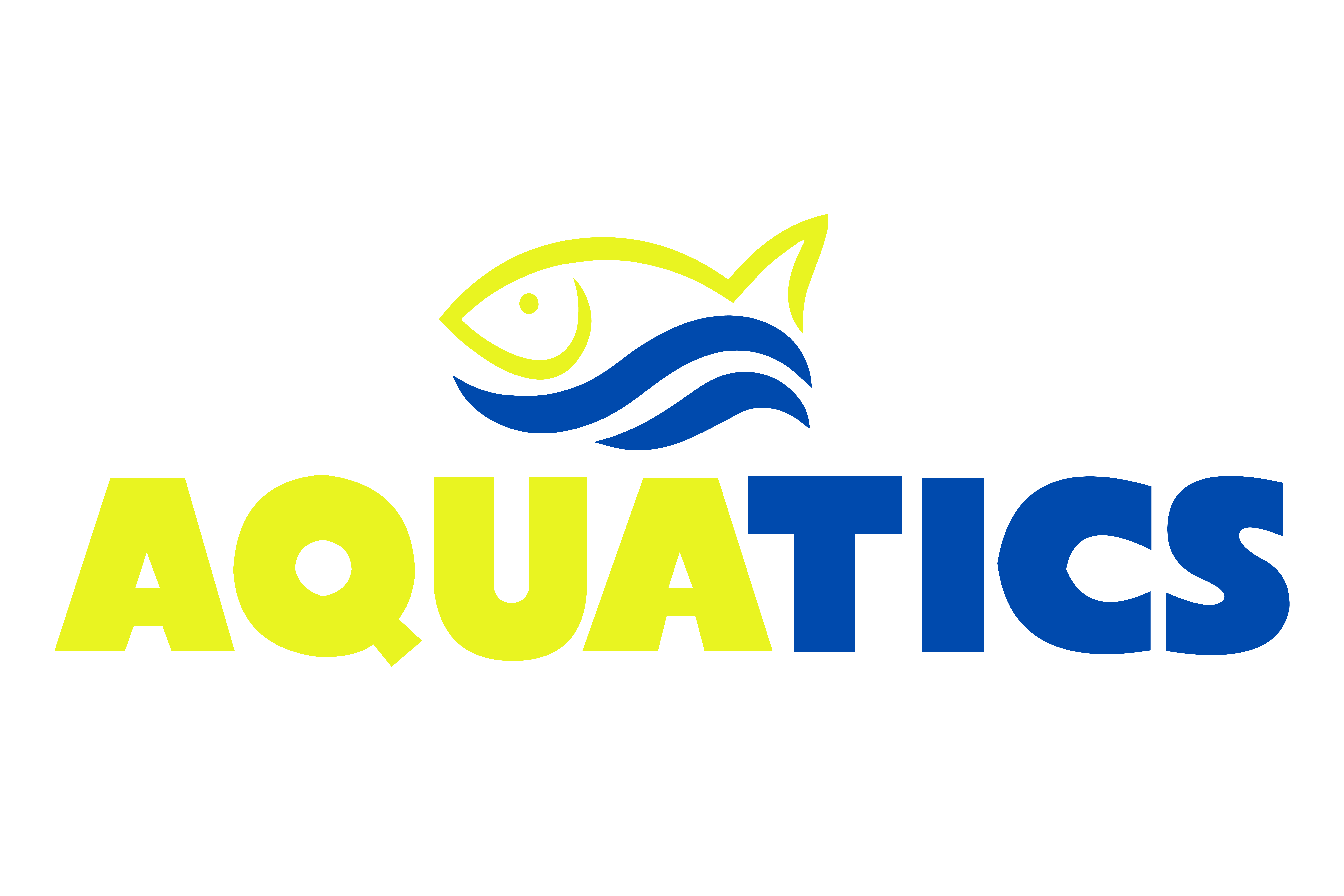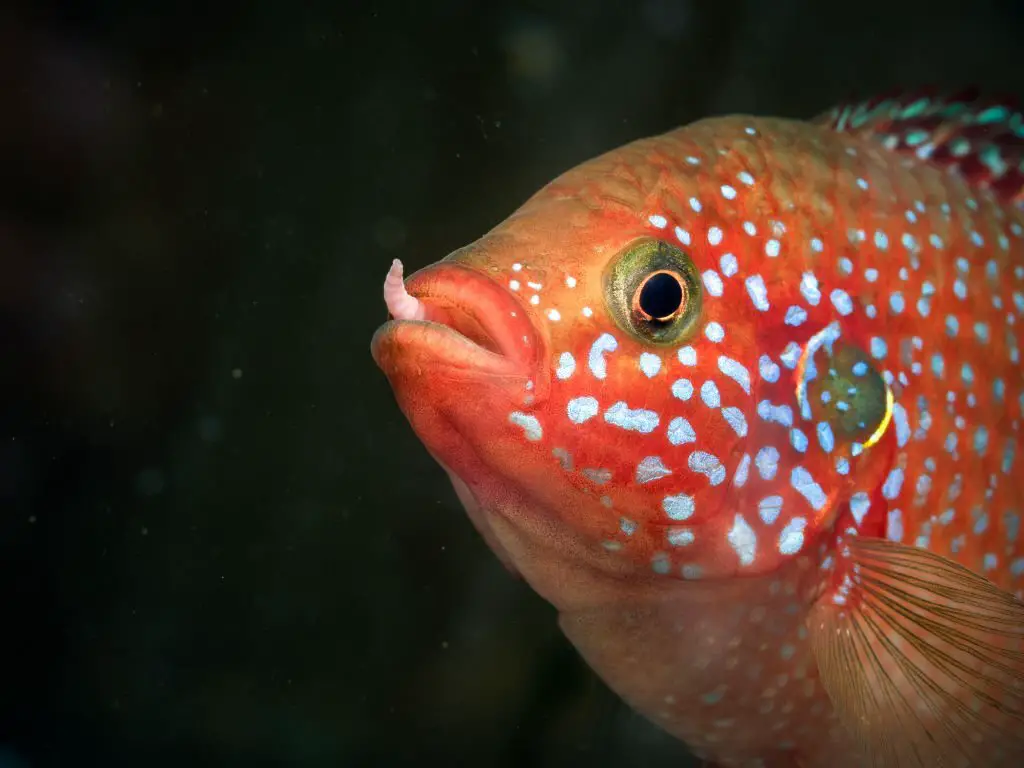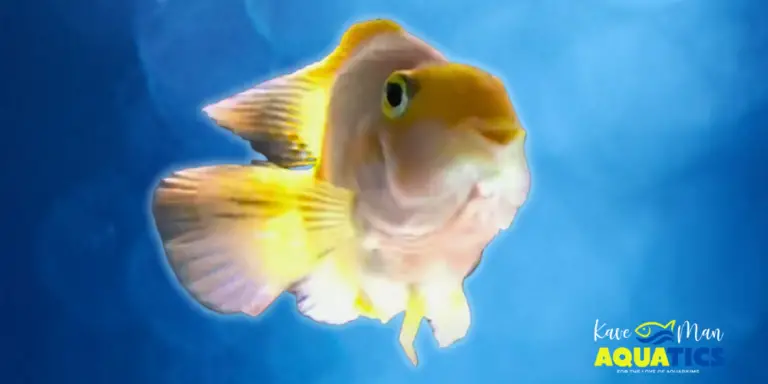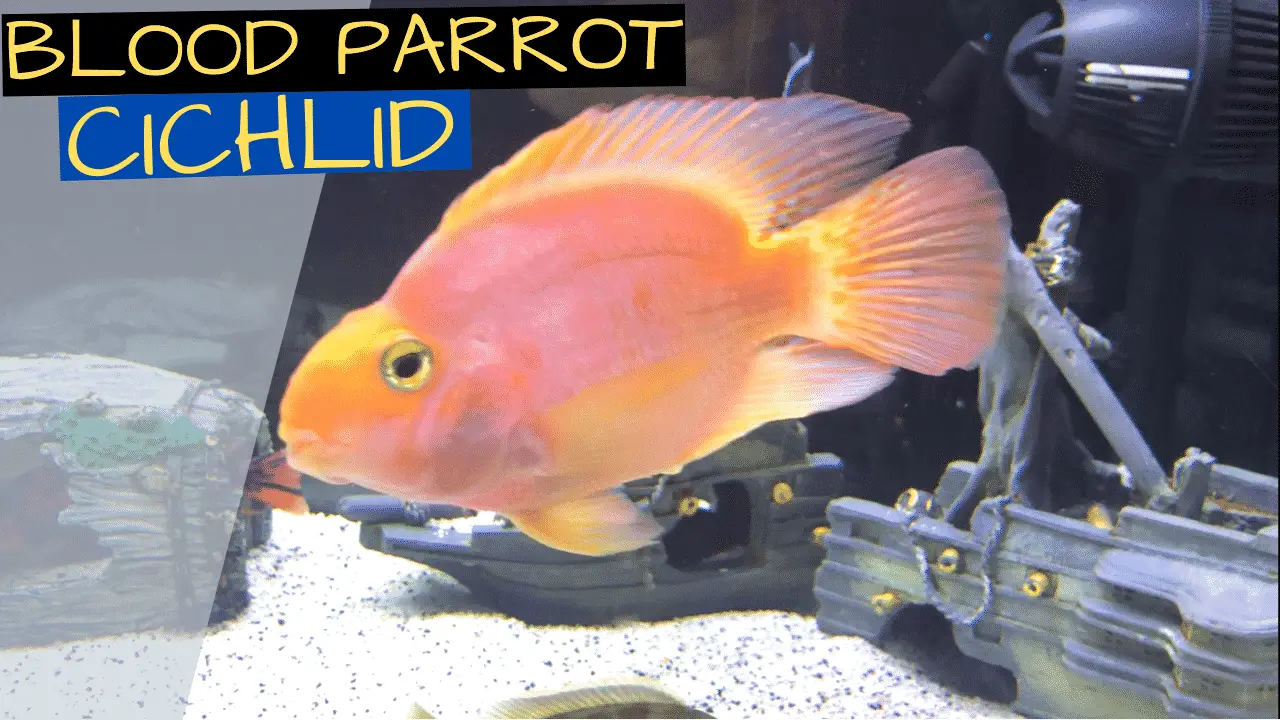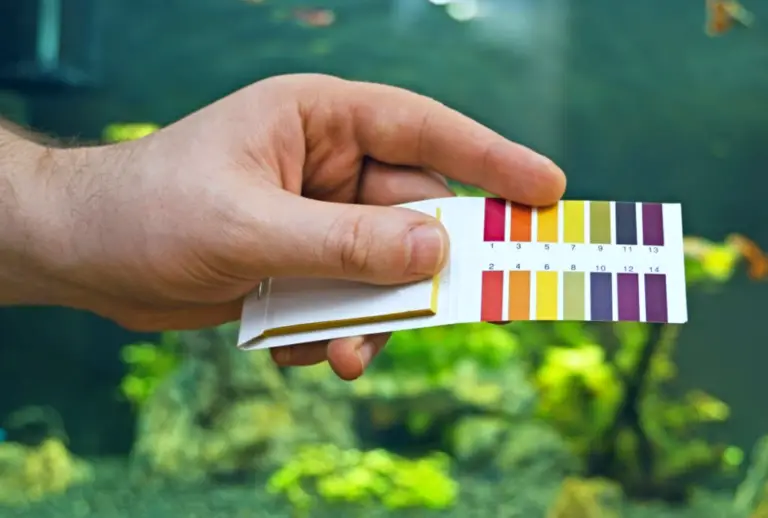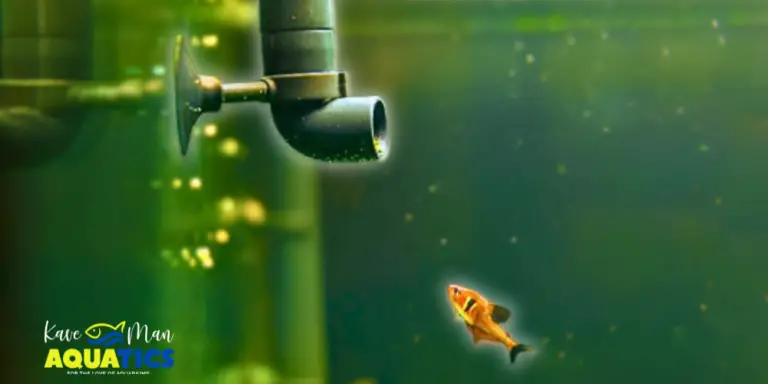Fish Food Nutrition 101: Carbs, Proteins, Fats & More!
Fish, like humans, require macro- and micronutrients to live long, healthy lives. Unfortunately, many fish keepers don’t read or comprehend the nutritional information on the fish food ingredients that may not provide enough nutrition. It’s critical to understand what the information on the label means and whether the meal contains what your fish requires to keep healthy.
Buckle up and put your fish nutrition hat on, we’re diving into fish food nutrition and vitamins with this article.
Fish Food Nutrition: Ingredients
Don’t ignore the ingredients labeled on your fish food. The ingredients are given in order, from the highest concentration to the lowest concentration. Look for ingredients that feature fish, shrimp, or other seafood as the first few components for carnivorous fishes and algae or vegetables for herbivorous fishes. Grain content in aquarium fish diet should be kept to a minimum.
A Guaranteed Analysis, which includes the amounts of protein, fat, carbohydrate, fiber, vitamins, and minerals in the product, should also be included on the label. A high percentage of digestible protein, as well as necessary amino acids and fatty acids, vitamins and minerals, is found in high-quality foods.
The price of fish food depends on the ingredients used to formulate the product. It’s less expensive to manufacture fish food with fishmeal as the main protein, a high cereal content, and a low fish oil content than it is to produce good quality food with fresh fish or other entire seafood (such as shrimp, squid, clams, krill) as the main components.
But just because fish food is more expensive, doesn’t mean it is expensive to feed your fish. Digestibility also plays a role. You may feed them less high-quality food as the food may be more digestible. Digestibility is the amount of food assimilated by the organism and is not eliminated as waste through excrement.
Carbohydrates are just 34% digestible by fish, but proteins and fats are 85-95% digestible. This indicates that your fish will consume less food with a high-calorie value and digestibility (higher in protein and fat) than foods with a more excellent carbohydrate content (from grains or vegetables).
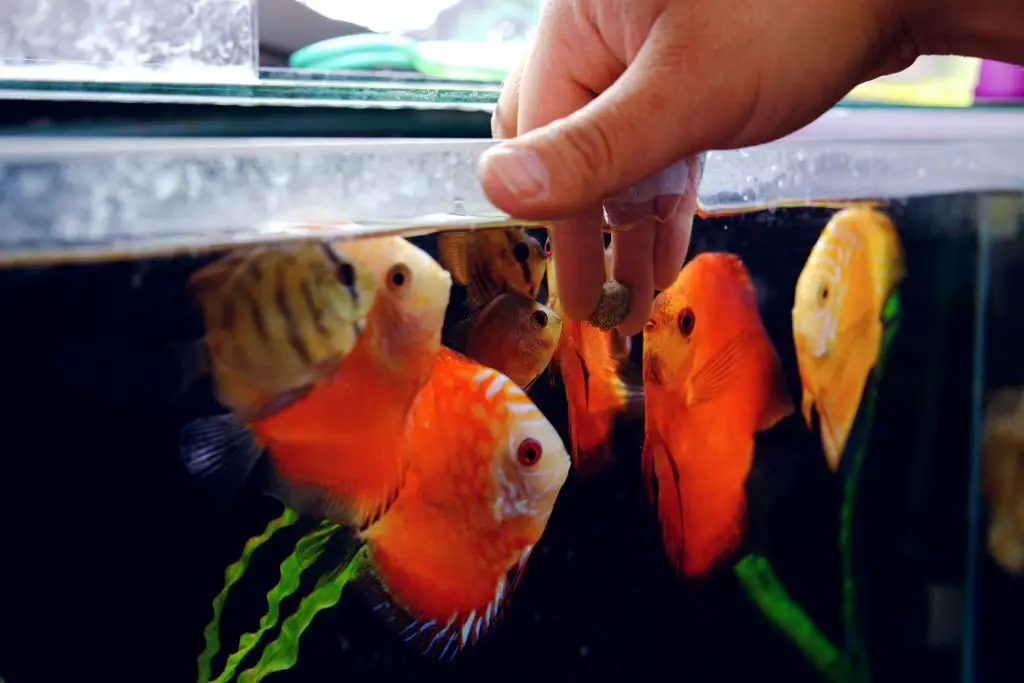
Carbohydrates
Carbs are an essential macronutrient for us humans, but fish don’t really need carbohydrates in their diet. In fact, too many carbohydrates might inhibit normal development since fish can not absorb carbohydrates as easily as land animals do. Depending on the fish species, each may experience the macronutrient differently.
That said, feeding fish carbohydrates in large amounts may amount in a loss of all other essential nutrients – especially for juvenile fish, which require a lot of protein to grow properly.
Adult fish, on the other hand, may eat up to 40% carbohydrate with no apparent negative consequences, while 25% is preferable. The majority of the carbohydrate in fish meal is in the form of starches (from grains), which are used to bind the food and keep it from dissolving quickly in water.
Fiber
Ah yes, fiber. Do you really want to feed your fish fiber and contribute to the nitrogen cycle? Yes, yes you should, though, not to contribute to the nitrogen cycle, but to help your fish’s digestive systems.
Fiber is a non-digestible carbohydrate (cellulose and lignin). Although small amounts of fiber are necessary for the diet to promote digestion, they should not be excessive. Carnivores cannot digest fiber properly and should consume no more than 4% fiber in their diet. Herbivorous fish need to consume between 5% and 10% fiber in order to be healthy.
Protein
Protein needs differ greatly depending on the fish species. The most expensive ingredient of fish food is high-quality protein – an essential nutrient for all fish species’ health and growth. Herbivores require 15% to 30% protein in their diet, but carnivores require at least 45% protein. Young fish require a diet that contains at least 50% protein for strong, healthy development.
Fat
Fish require a low-fat diet. Even carnivorous fish require a maximum of 8-10% fat in their diet. Herbivores require no more than 3-5% fat. Excess fat damages the liver, resulting in illness and premature mortality.
The type of fat is also important, as fish have difficulty processing saturated fats, like those found in beef. These saturated fats are very dangerous and should be avoided. Polyunsaturated fats, like those found in brine shrimp, are the most digestible and are especially beneficial for preparing fish for breeding.
It is critical that the meal includes omega-3 and omega-6 fatty acids, which are required for good fish growth. Yeah, even fish need “fish oil.”
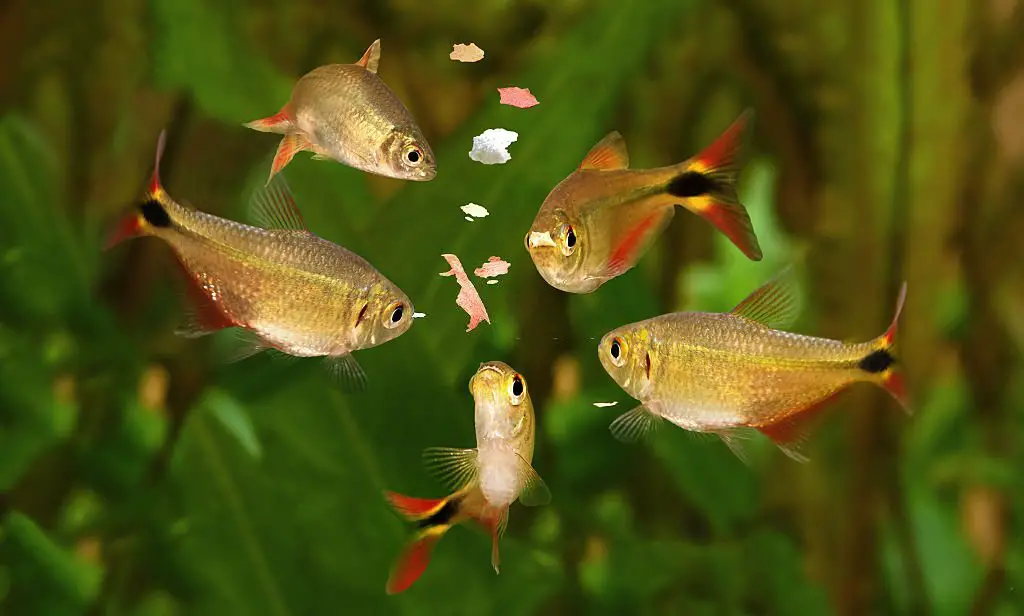
Minerals
Minerals are necessary for healthy cells, immune systems, metabolic enzymes, bones, teeth, and even scales. Calcium and phosphorus are the two most important elements for fish health. Calcium may be taken through the gills and is found in hard water, whereas phosphorus is present in living underwater plants. Iron, iodine, magnesium, salt, chloride, potassium, sulfur, copper, and zinc are also required in tiny amounts by fish.
If the aquarium water is soft (low in minerals) and the tank is simply adorned with artificial plants, it is critical to complement the diet with mineral-rich foods. A good source of calcium and phosphorus is bone or pork meal. Minerals have a long shelf life and are abundant in all high-quality pelleted and flaked meals.
Vitamins
Unlike minerals, vitamins don’t last long in prepared meals. Flake meals have enough vitamin content at first, but the substance quickly declines (oxidizes) once the container is opened and exposed to air. Although storing vitamins in the refrigerator or freezer can extend their shelf life, it is advisable to buy only what you will use within a month.
A, D3, E, K, B1, B2, B3, B5, B6, B12, Biotin, Choline, Folacin, and Inositol are important vitamins for healthy health. Vitamin C (Ascorbic Acid) is crucial for its anti-oxidant and anti-inflammatory properties, although it has a limited shelf life (6 months). Look for foods that contain stabilized vitamin C (L-ascorbyl-2-polyphosphate) and have a longer shelf life.
Many fish keepers are unaware of the importance of vitamins in fish health. In early-growing fish, a lack of vitamin A can induce spinal abnormalities and restricted development.
When a fish are stressed, its requirement for vitamin A increases, which might be the difference between succumbing to sickness and remaining healthy. Vitamins E and A are essential for keeping fish in peak breeding health. Vitamin K is essential for healthy blood coagulation.
Vitamins B1, B2, and B6 are necessary for optimal development. A sufficient supply of vitamins B3 and C is required for proper digestion. Vitamin C is also required for strong bones and teeth, which are essential in all fish species. B5 and Inositol are both important for metabolism. Folic acid deficiency lowers blood cell production and can result in anemia.
Buying all foods in moderate quantities and diversifying the diet with a variety of high-quality dry and frozen foods are the most effective approaches to ensure healthy nutrition. Including enriched (well-fed) live meals can assist ensure that your fish are getting all of the nutrients they require for optimal health and longevity.
Fish Food Supplements
Take it a step further and give your fish a nutritional boost with fish food supplements. Here are KaveMan Aquatics’ favorite supplements:
Did you know you can add nutrients directly into your tank? Watch this video to create a thriving environment for your fish:
Conclusion
Fish food nutrition is essential for the health of your fish, but sometimes our little guys get sick. Just as proper nutrition is key, so is proper medication. KaveMan Aquatics has created a list of 10 aquarium medications that can help your fish, from mild to massive issues.
